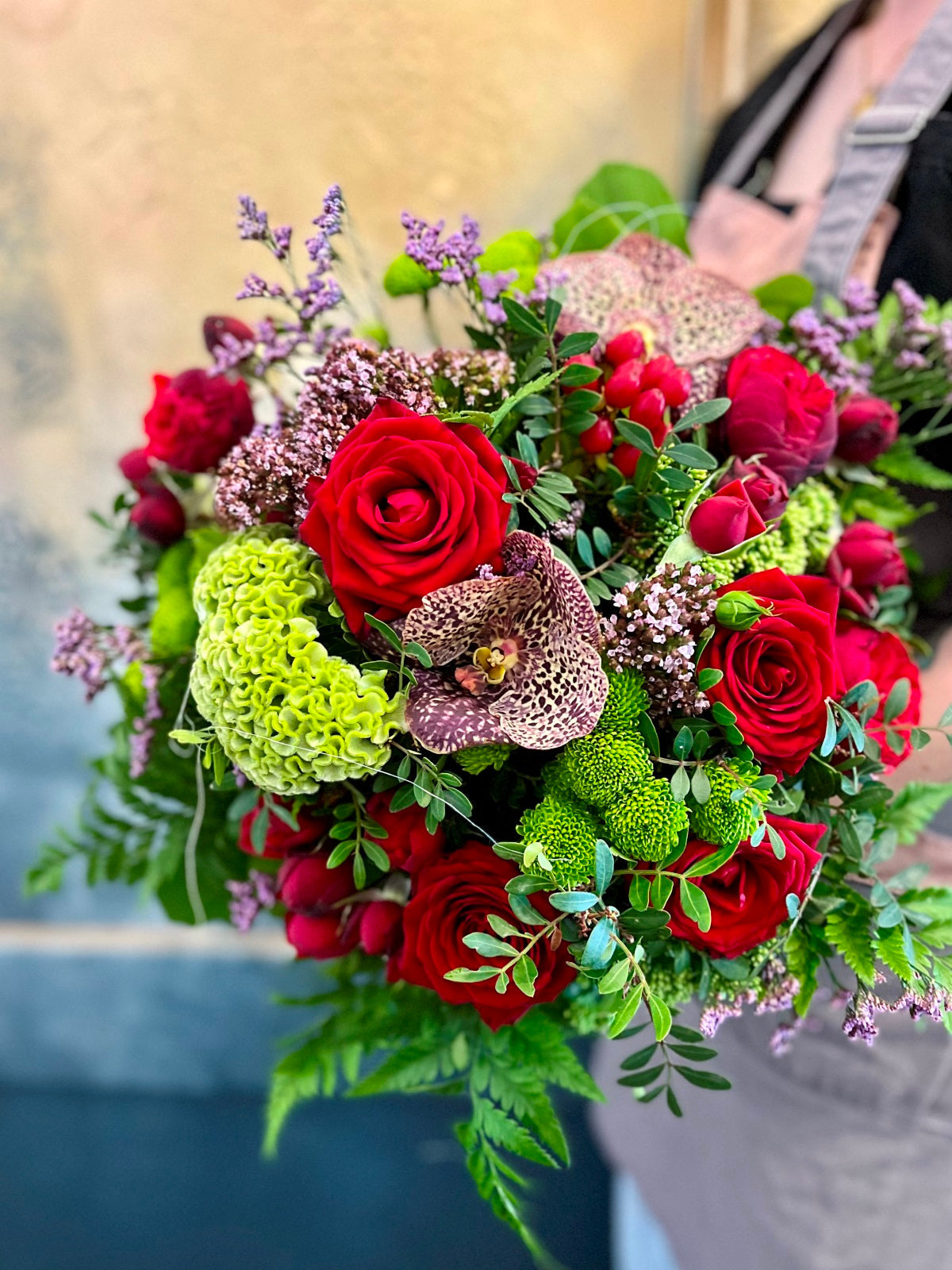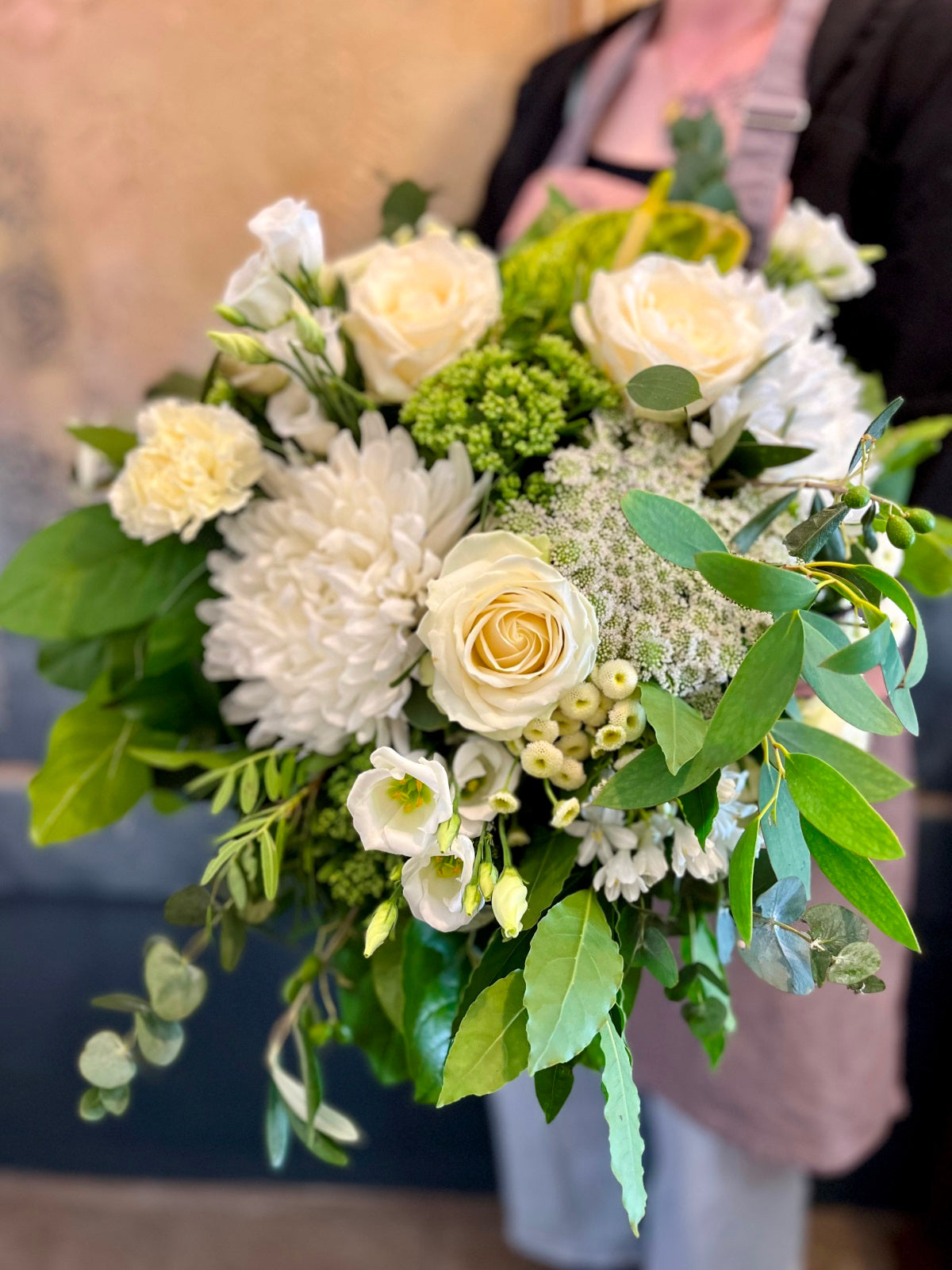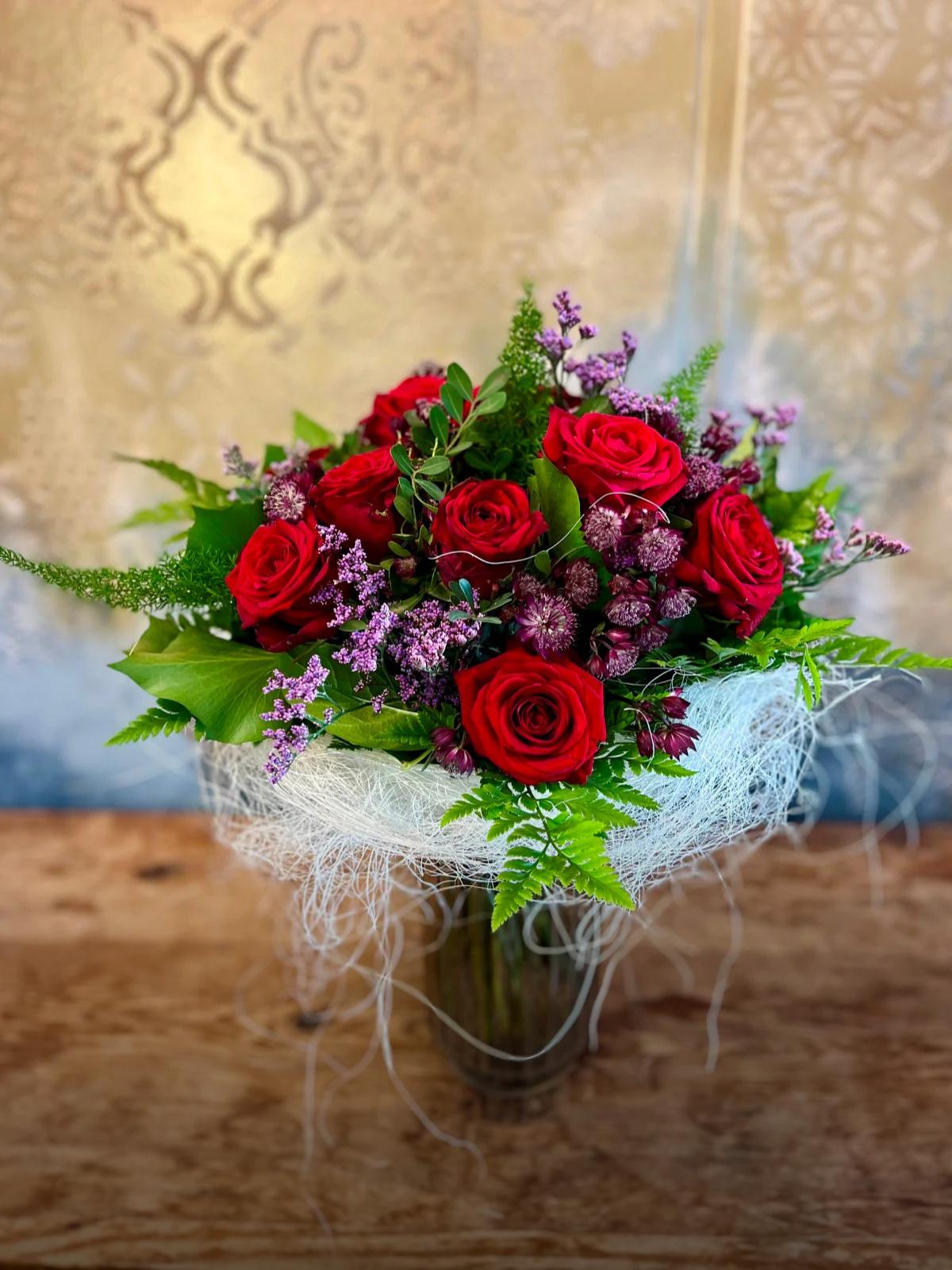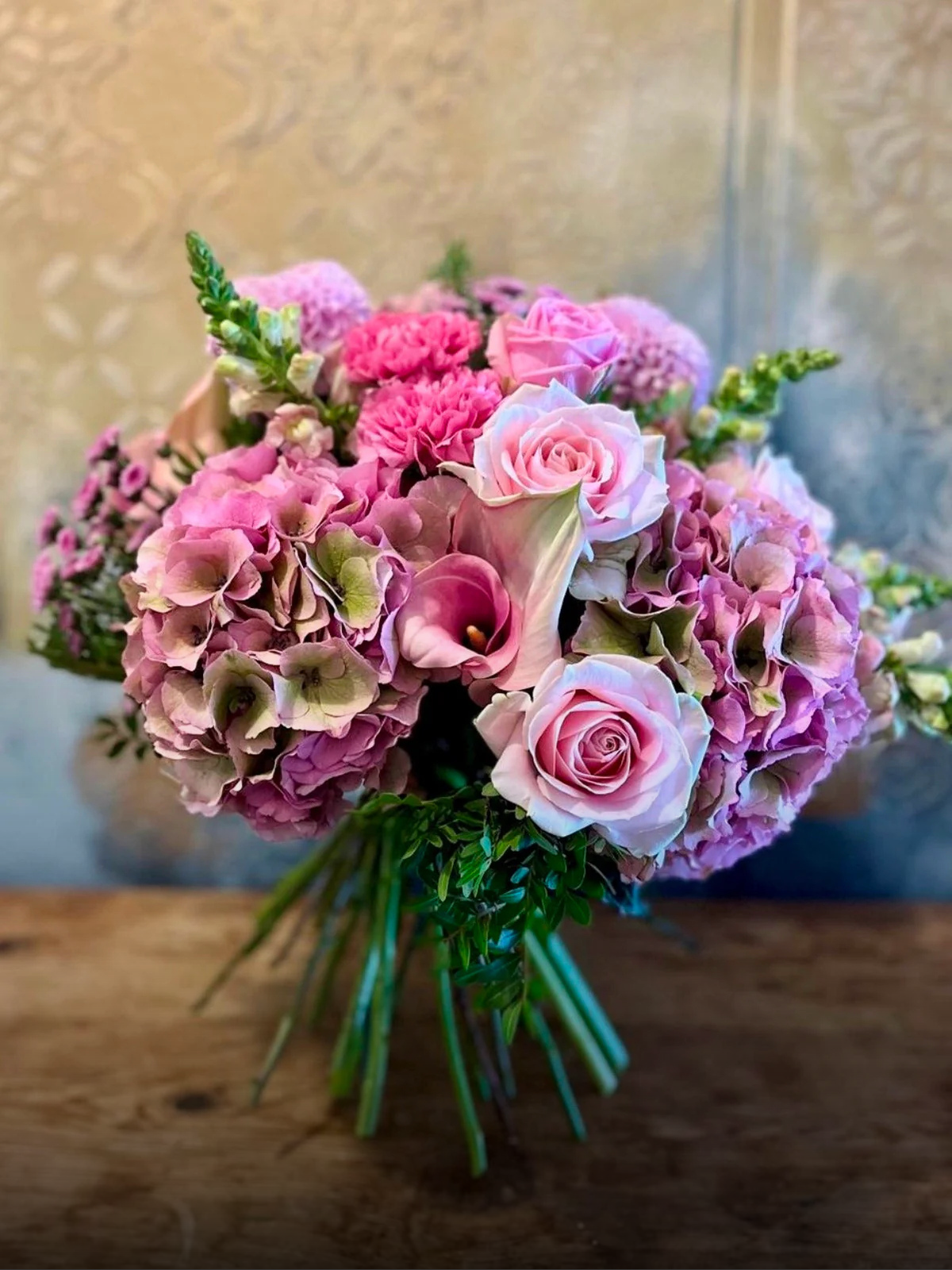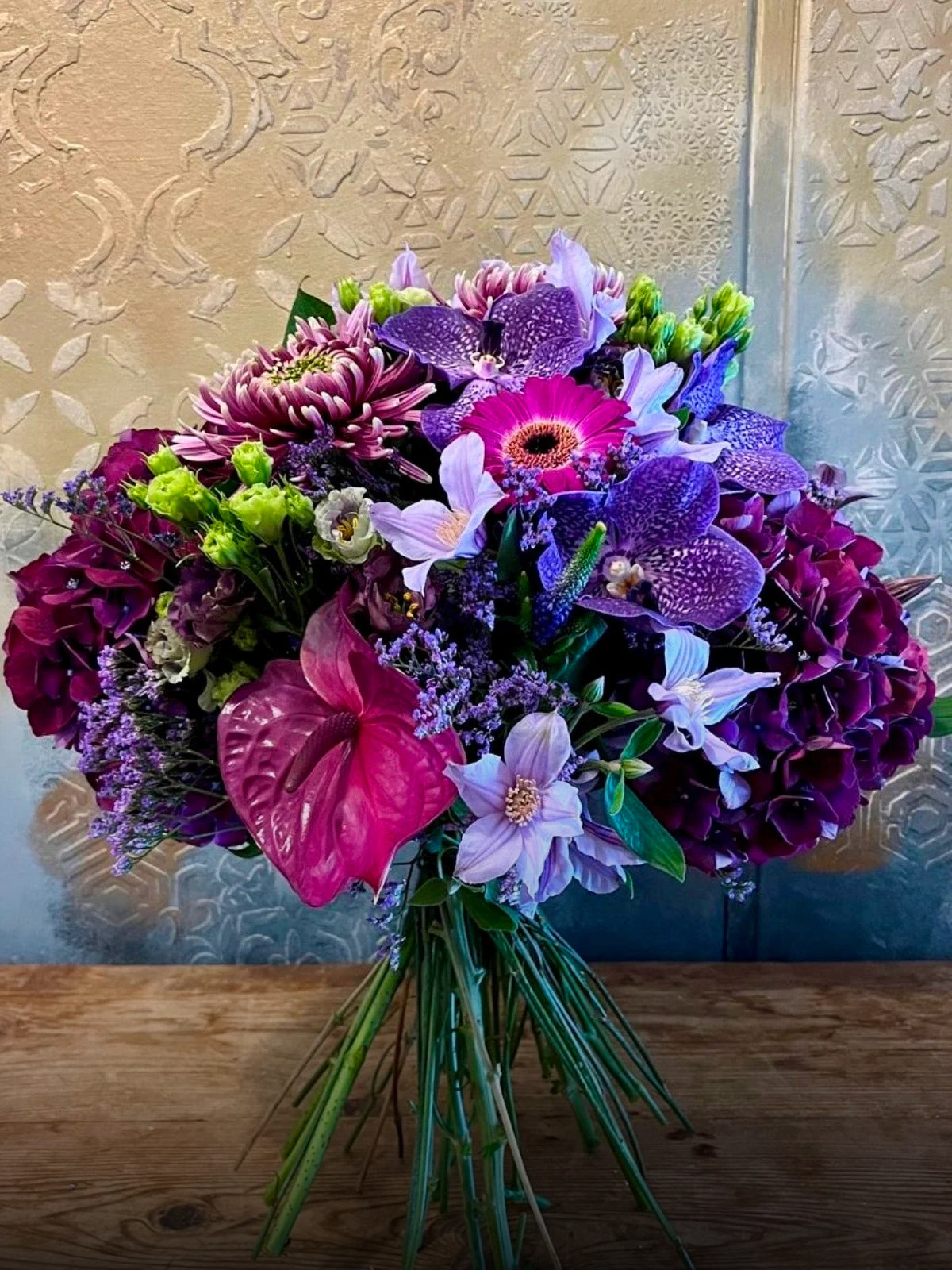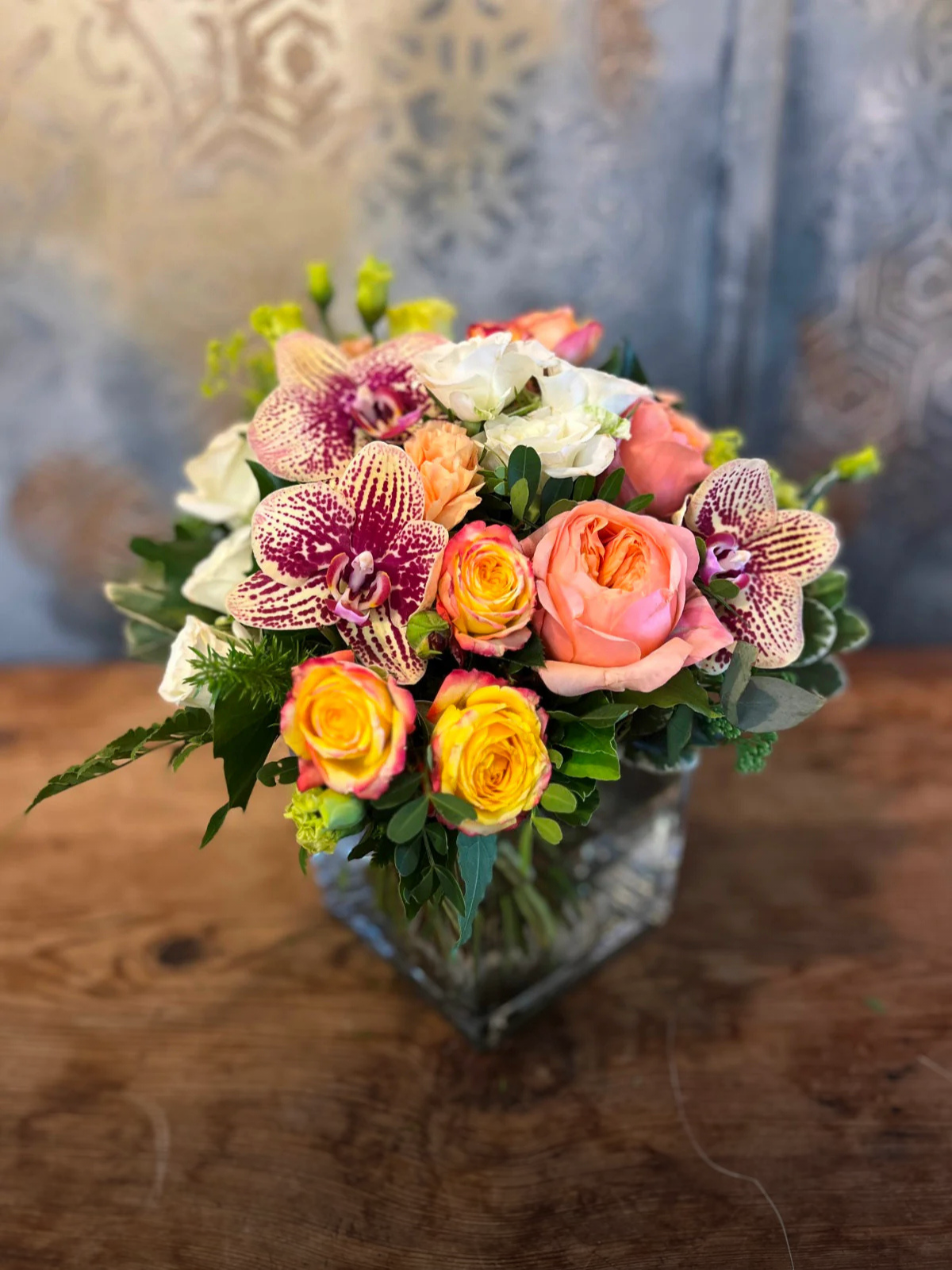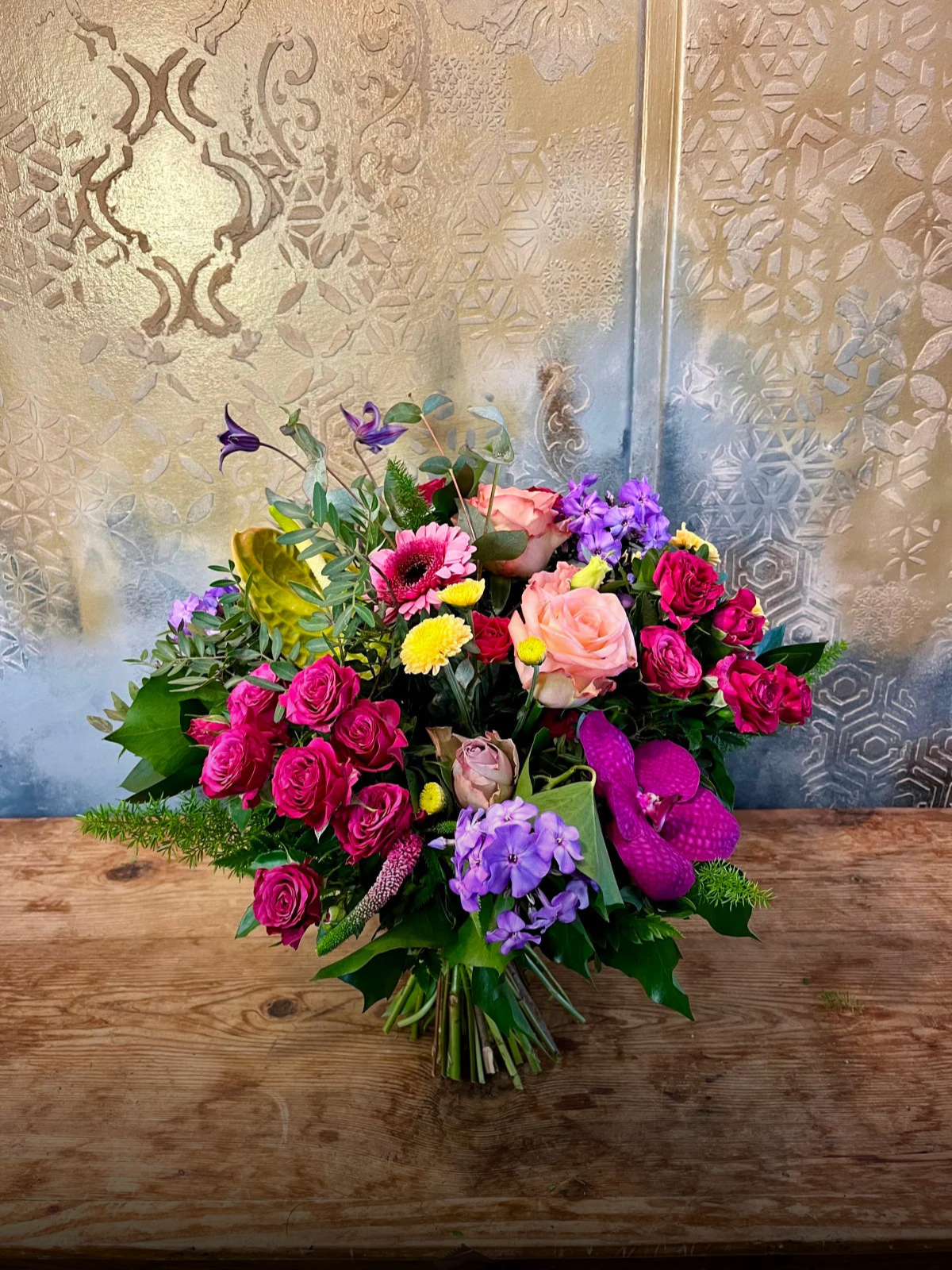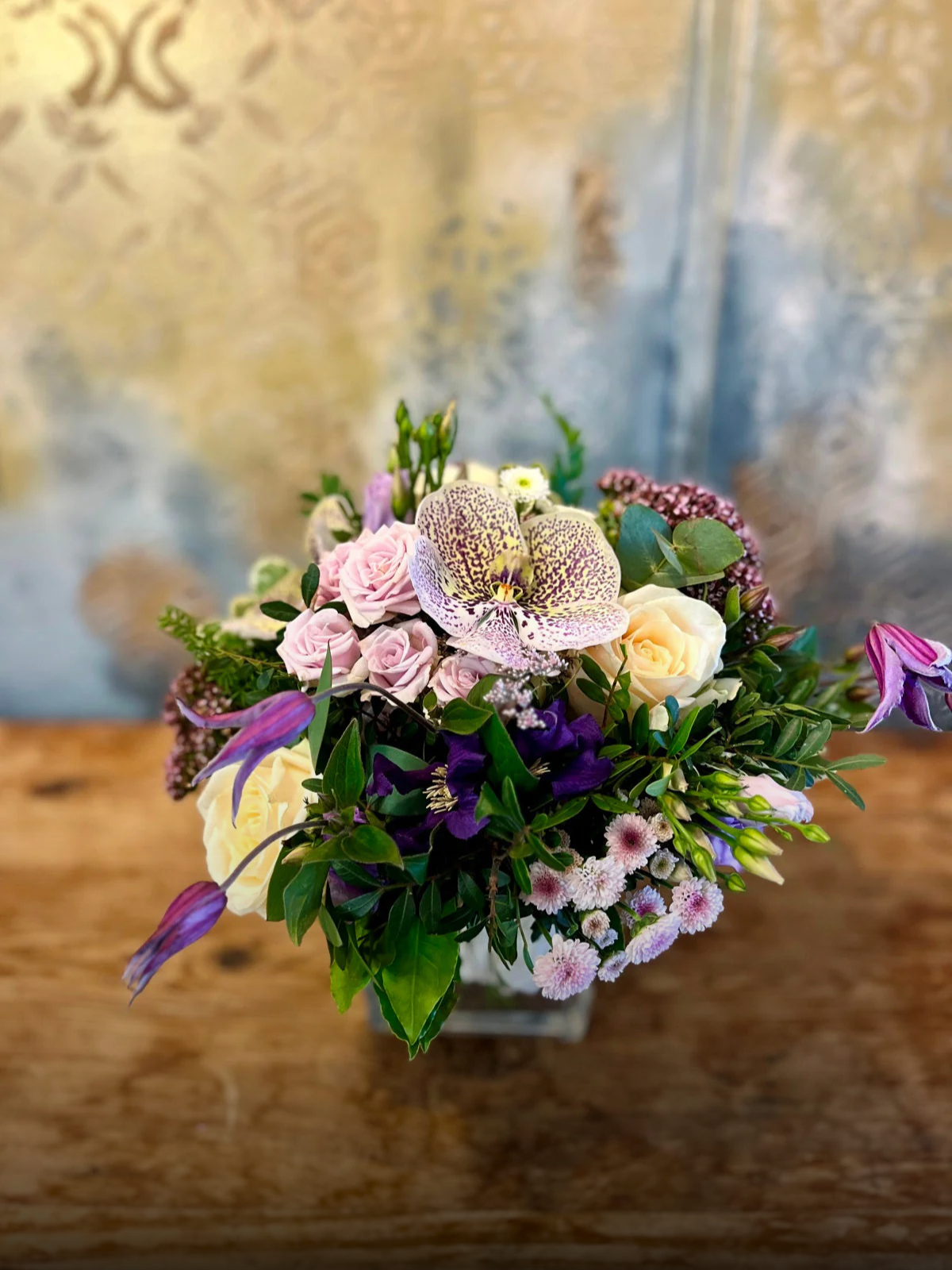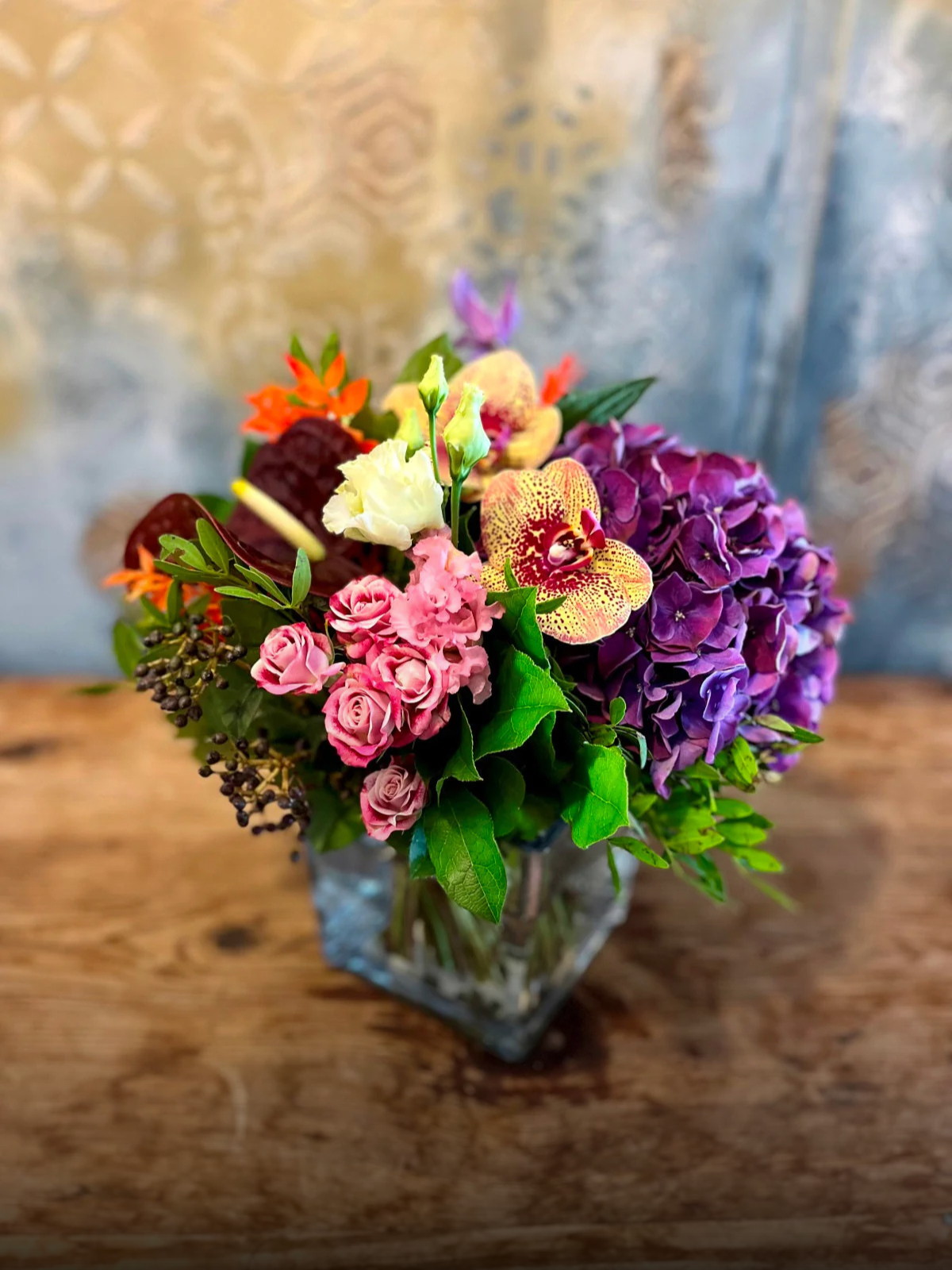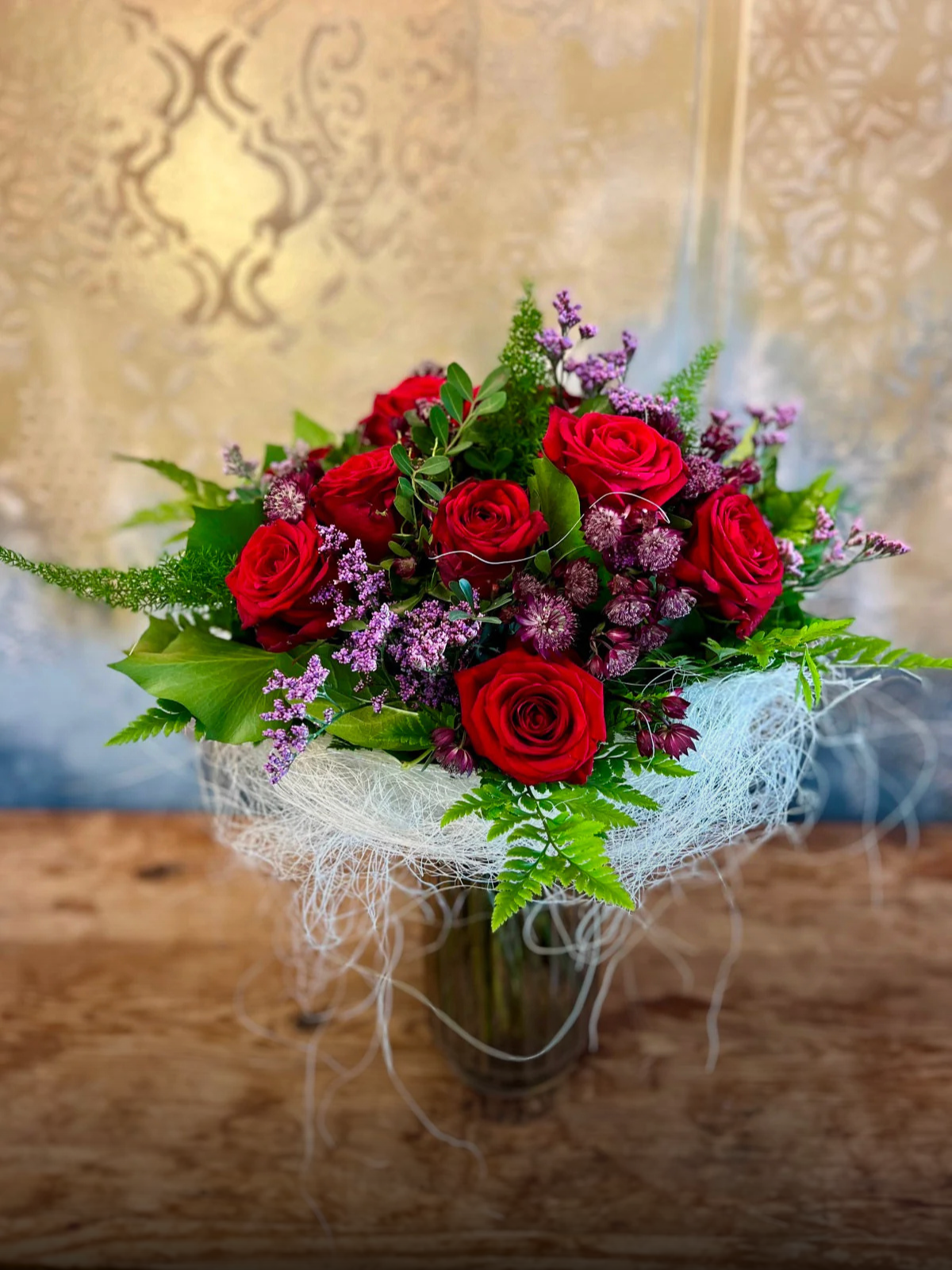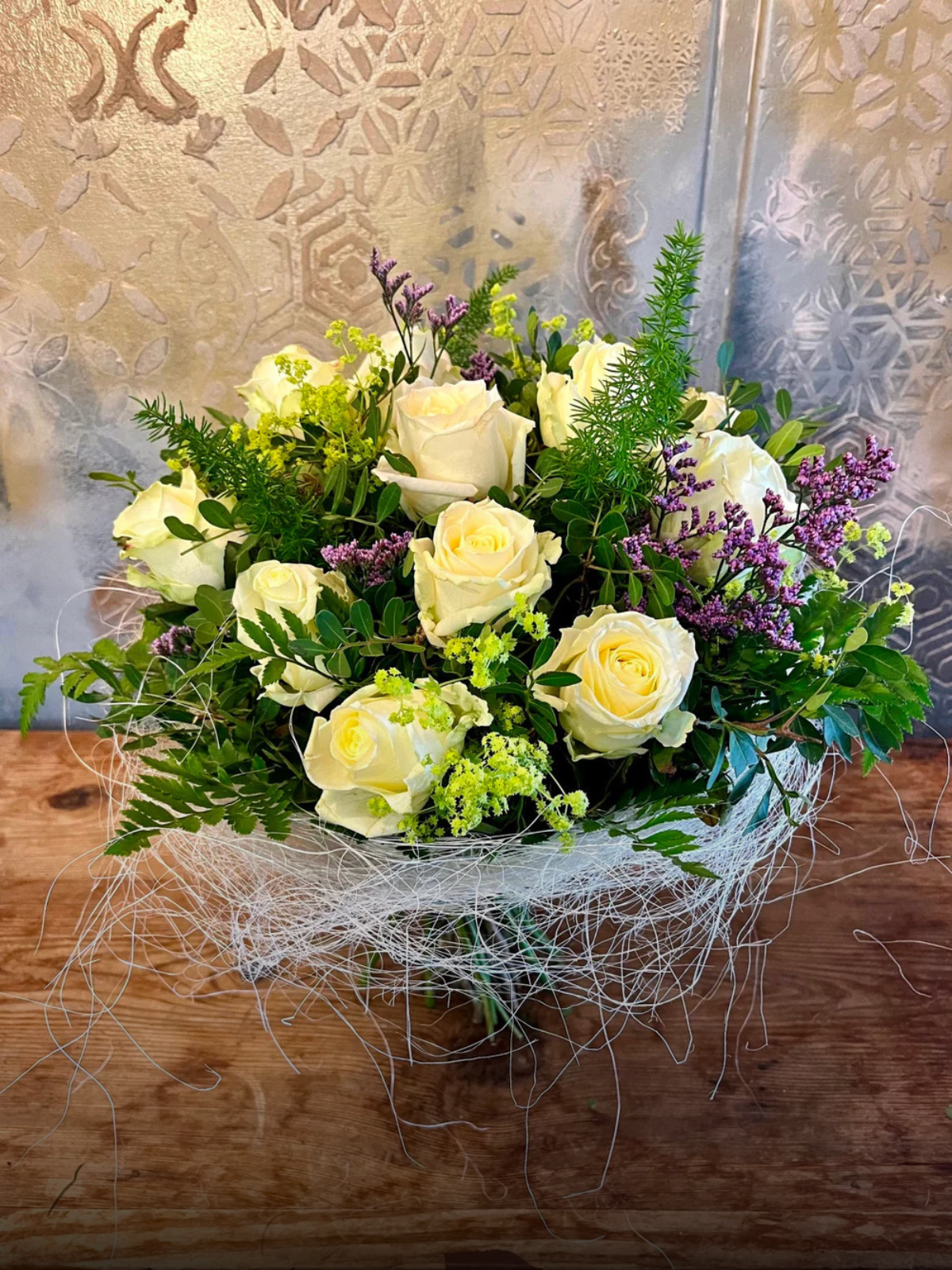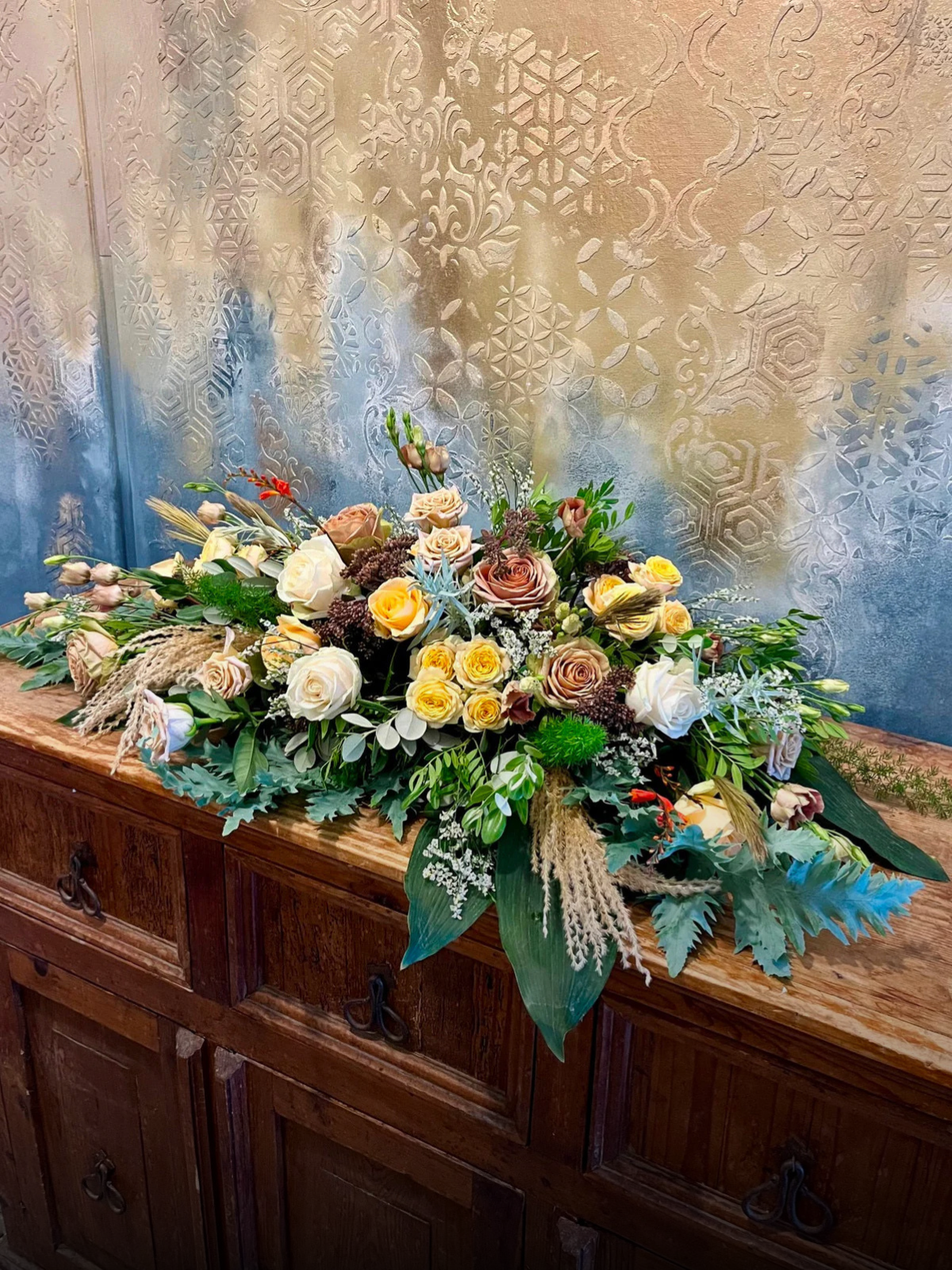Caring for Kentia Palms, the do's and don'ts
Category: Uncategorized
Table of Contents
 The Kentia Palm also known as the Sentry Palm, Thatch Leaf Palm and scientifically Howeia Forsteriana is a great indoor plant for home and office.
The Kentia Palm also known as the Sentry Palm, Thatch Leaf Palm and scientifically Howeia Forsteriana is a great indoor plant for home and office.It is a tropical evergreen palm that can also grow outdoors in cooler climates. In this part of the world however it is best used as an indoor plant as it requires only moderate light. It has frond like plam leaves which are a dark glossy green and is typically used as an office plant or house plant when it is 4 to 6 foot tall growing slowly but remaining suitable for indoor use for many years. In their native habitat they can grow to full sized Palm Trees up to 20 metres tall.
When positioning try to find an area near a window or skylight but not in strong direct sunlight. If you notice spotting on the leaves it's probably caused by too much light - if the plant is drooping slightly and doesn't see to be thriving it could be caused by too little light so reposition as necessary.
Kentia Palms, like most plams, prefer a moist but not over watered soil so wait until the top few centimetres of the soil drys before watering. Avoid placing near air conditioning units or any source of direct heat as this will tend to dry the soil out - which is to be avoided. If leaf tips turn brown chances are you have been too liberal with the watering can. Leaf tips turning yellowish indicates under watering. Palms can also be sensitive to chemicals in water so where possible use rain water at room temperature to water.
Kentia Palms do not require frequent fertilizer - up to three times a year using a specific plam fertilizer is probably best. As they don't take up a lot of floor space they are great to fill an empty corner adding life to your home or working environment.
Blooming Amazing Flower Company stock arange of plants and which areavailable to order to collect and fordelivery in Dublin .
[caption id="attachment_546" align="aligncenter" width="250"]
 Kentia Palm also known as the Sentry Palm, Thatch Leaf Palm and scientifically Howeia Forsterian[/caption]
Kentia Palm also known as the Sentry Palm, Thatch Leaf Palm and scientifically Howeia Forsterian[/caption]Sign Up for Our Latest Offers, Flower Care Advice & News
Sign up for floral tips, care advice, and seasonal updates!
You are already subscribed, thank you
You have successfully subscribed
Table of Contents


